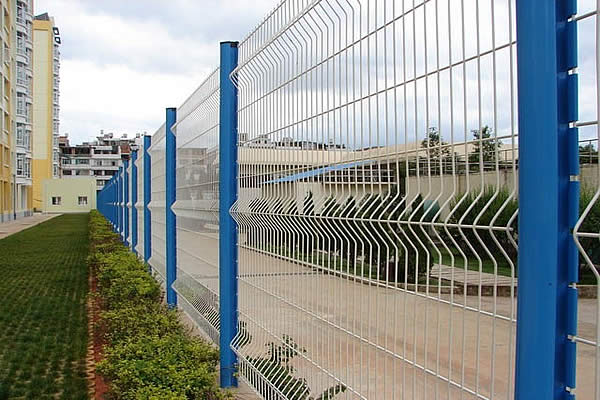 TEL:
+86-13102802206
TEL:
+86-13102802206
 Email:
fencenetting@china.com
Email:
fencenetting@china.com
 Language
Language
 TEL:
+86-13102802206
TEL:
+86-13102802206
 Email:
fencenetting@china.com
Email:
fencenetting@china.com
 Language
Language


The Benefits of Barbed Wire Fencing for Residential Properties
Barbed wire fencing has been a staple in agricultural and security contexts for many years, but its utility and effectiveness are increasingly being recognized in residential settings. While many homeowners might initially consider traditional wooden or vinyl fences, barbed wire offers a multitude of advantages that may make it a suitable choice for specific residential needs. This article explores the benefits of barbed wire fencing for residential properties, maintenance considerations, and situational applications.
Enhanced Security
One of the primary reasons homeowners consider barbed wire fencing is for enhanced security. The physical barrier created by barbed wire serves as a strong deterrent to intruders or unwanted wildlife. The sharp barbs, typically spaced evenly along the wire, pose a significant challenge for anyone attempting to climb or breach the fence. This makes barbed wire fencing particularly appealing for properties located near areas prone to vandalism or wildlife disturbances.
Cost-Effectiveness
While initial installation costs can vary, barbed wire fencing often proves to be more cost-effective than traditional fencing options. Steel wire is relatively inexpensive compared to wood or vinyl materials, and the installation process can be quicker, which translates into lower labor costs. For homeowners looking to establish a boundary or secure their property without breaking the bank, barbed wire presents a financially savvy solution.
Versatility and Customization
Barbed wire fencing is versatile and can be customized to meet specific needs. Homeowners can choose from various configurations, including single or multi-strand wire options, and can decide on fence height based on their security requirements. Additionally, barbed wire can be combined with other fencing materials for enhanced aesthetics or functionality. For example, installing barbed wire on top of a wooden fence can further bolster security while maintaining a traditional look.

Low Maintenance Requirements
Another distinctive advantage of barbed wire fencing is its low maintenance requirements. Once a barbed wire fence is installed, it generally requires minimal upkeep. Unlike wooden fences that may rot, warp, or require regular painting, barbed wire is durable and resistant to weathering. Occasional inspections for loose wires or rusting, along with periodic tightening, are typically all that is needed to keep barbed wire fences in optimal working condition.
Environmental Considerations
For environmentally conscious homeowners, barbed wire fencing can be a sustainable choice. Traditional fencing materials often involve processes that can harm the environment, such as deforestation for wood or the manufacturing of synthetic materials. In contrast, barbed wire can be made from recycled materials and is completely recyclable at the end of its lifespan, reducing waste.
Situational Applications
Barbed wire fencing is particularly effective in certain residential applications. For instance, if a property borders agricultural land or wildlife habitats, barbed wire can help keep livestock contained and deter deer and other animals from entering gardens or flower beds. Additionally, residential areas that experience frequent trespassing can benefit from the deterrent effect that barbed wire provides.
Conclusion
While barbed wire fencing may not be the first choice for every homeowner, it offers several distinct advantages worth considering. From enhanced security and cost-effectiveness to low maintenance and environmental sustainability, these fences can serve a variety of needs for specific residential situations. For homeowners looking to establish a strong boundary that is functional and economically feasible, barbed wire fencing deservedly holds a place in the toolbox of property enhancement. As with any home improvement project, it's essential to evaluate your specific needs, local regulations, and neighborhood aesthetics before making a decision.